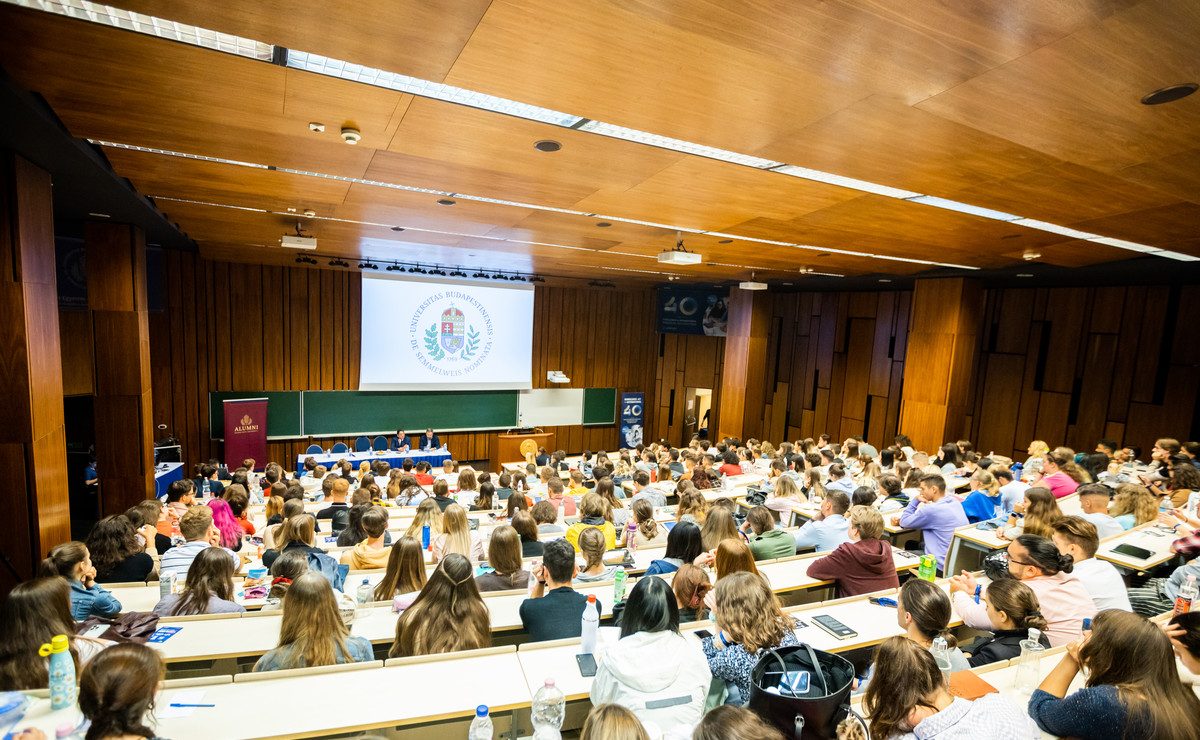
Mr. Orbán described Hungary as "the westernmost Eastern people and the easternmost Western people."Continue reading

The European Ombudsman has been asked to launch an investigation into the exclusion of Hungarian students and researchers from the Erasmus+ and Horizon Europe programs, in a request submitted by Hungary’s Commissioner for Fundamental Rights, Ákos Kozma. This move comes amid growing concerns about the implications of these restrictions for Hungary’s educational and scientific sectors, as well as broader European principles.
In a statement released on Wednesday, the Office of the Commissioner for Fundamental Rights confirmed that Kozma had written to European Ombudsman Emily O’Reilly, urging her to examine the legality and reasoning behind the exclusion. The Commissioner highlighted the significant role these EU programs play in fostering international mobility, education, and research collaboration. “Hungarian university students and researchers have been excluded from the Erasmus+ and Horizon programs for two years,” the statement noted.
The Erasmus+ program, renowned for enabling students to gain valuable international experience, and Horizon Europe, the EU’s flagship research and innovation funding initiative, are both vital to achieving Europe’s educational and scientific objectives.
According to Kozma, the restrictions placed on Hungarian participation are not only detrimental to the country’s academic and scientific development, but also contrary to fundamental European values, such as equality and solidarity.

Photo: Facebook/Erasmus+
The Commissioner emphasized that limiting access to these programs undermines the principles of fairness and inclusivity, essential pillars of the European Union.
Restricting Hungarian students and researchers from participating violates their rights and impedes the educational, cultural, and scientific progress of Hungary and the broader EU community,”
the statement added.
To address this issue, Kozma has asked the Ombudsman to initiate a thorough inquiry into the reasons behind these exclusions. He also urged the Ombudsman to facilitate dialogue between all relevant stakeholders during the investigation to expedite a resolution. “Promoting open dialogue could help find a satisfactory solution even before the inquiry is concluded,” the Commissioner suggested. “This would ensure Hungarian students and researchers can once again benefit fully from these programs, on an equal footing with their peers across the EU.”
The statement underscores the urgency of restoring access to these programs, given their impact on Hungary’s academic, cultural, and scientific progress. By fostering international exchange and collaboration, Erasmus+ and Horizon Europe play a crucial role in strengthening the EU’s educational and research capacities.
This investigation is seen as a pivotal step towards addressing what many in Hungary perceive as an unjust exclusion.
As the European Ombudsman begins its inquiry, stakeholders across Hungary and the EU will be watching closely for outcomes that could set a precedent for fair access to European programs for all Member States.
However, this autumn, Hungary adopted an amendment with the aim of enhancing university governance transparency and independence by introducing key changes: trusteeships are capped at six years, high-ranking government officials are barred from serving on boards during their term, a one-year cooling-off period applies for former officials, and the State Audit Office will oversee conflict-of-interest compliance. These reforms align with EU expectations and seek to restore access to Erasmus+ and Horizon Europe funding for Hungarian universities.
Via MTI; Featured image via Facebook/Semmelweis Egyetem